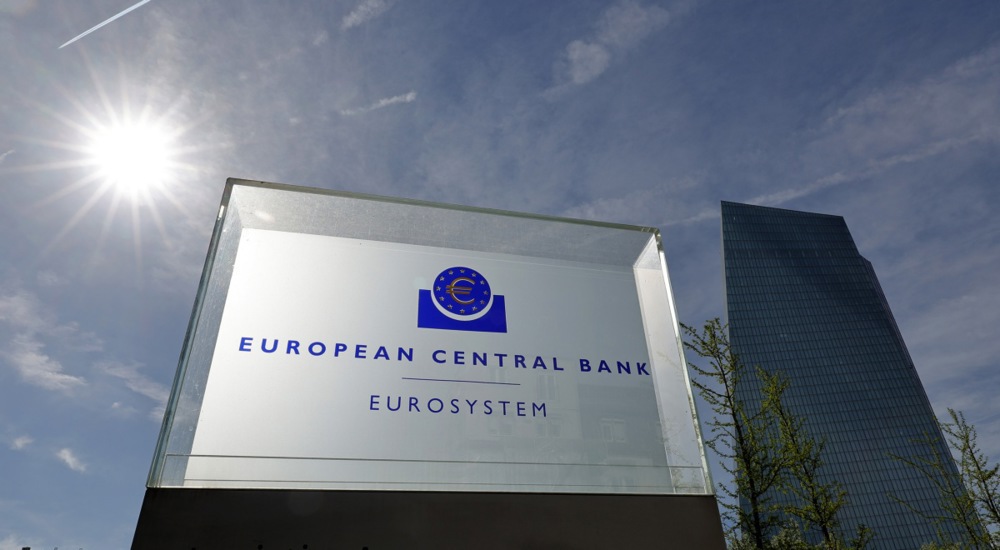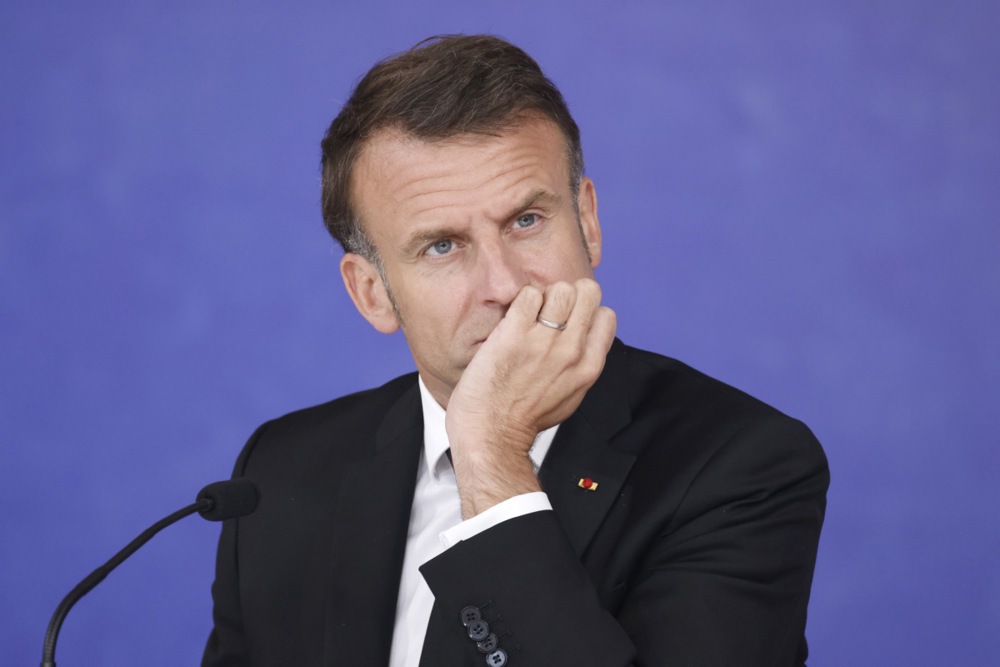If you remember the horrors of collateralised debt obligations (CDO) during the 2007-8 financial crisis, you are either a banker or one of the journalists who pounded out stories about their collapse.
CDOs were fancy financial instruments backed by a pool of loans and other types of debt and sold to investors–in a market of which there was little government regulation.
The result was the investors did not know exactly what the loans were and who owed the money. They bought slices of the CDOs because they believed they were AAA-good.
Until, it turned out, they weren’t. Some of the largest financial services institutions lost hundreds of billions of dollars.
I mention this now because Rebecca Jackson, one of the regulators at the Bank of England, has in recent days been warning about a new–and to my mind, oddly similar–danger in the financial markets.
The danger, she notes, is one built, like CDOs, on unknown amounts of debt and a structure so opaque the diplomatic description of it is “layered.”
She was warning about private equity, an asset class which has jumped from $2 trillion in 2012 to $8 trillion in 2023.
Eight trill. Big money. An eight with nine zeros after it.
The way it got so many zeros was through an “explosion in the variety and complexity of financing products that banks now provide to the private equity industry.”
That is, banks are providing fancy debt.
Call it subscription financing lines, call it leveraged financing underwriting exposures. Call it leveraged loan portfolios, or call it derivatives hedging solutions and, in some cases, secured financing facilities, too.
If that sounded confusing and complex, I suspect that is the point. It camouflages the fact that it is all debt, stacks of it.
Here is the alarming part. The debt is so complex that the banks do not have the data that can measure their exposure to the private equity sector.
If the regulators went to a bank and asked, “How much are you in for with loans to private equity?” the honest answer is, “Dunno. Think of a number.”
Which is why bankers and investors have been glad the regulators have not been asking that question.
Except now they have, and it is the Bank of England asking the question. The bank is the world’s largest host supervisor. The review they are about to undertake will cover major UK and international banks.
That means banks all over this Continent better strap in their accountants and tell them to get counting on the loans. The Bank of England is interested in “the scale, breadth, complexity, and interconnectedness of banks’ private equity related exposures.”
Getting that data is going to be tough. Jackson has already noted, “Only a very small number of banks can consistently aggregate data in a manner that is appropriate to their exposures to the private equity sector.
“Some firms had almost no ability to aggregate data or even appreciate its crucial importance.”
In short, most banks cannot now identify, measure, manage, or monitor the risks emanating from their private equity financing businesses.
The Bank of England wants to see the data because, “It’s not difficult to imagine a scenario, such as malpractice at a financial sponsor or the bankruptcy of multiple portfolio companies, where risk correlations increase significantly, and liquidity evaporates, leaving banks open to severe, unexpected losses.”
I will repeat the figure: $8 trillion.
It all seems clear to me that private equity could be a disaster waiting to happen, a crisis that will spill over into the real economy and into companies where millions are employed.
I would expect the investors working in the industry to be worried. Apparently, they are not.
Investors play down the dangers of this debt as “a useful mechanism.” The loans are “low risk”. The loans are “an attractive tool”. A complex set of arrangements “allows firms to hold stronger assets”.
At which point of investor arrogance, Ms Jackson reminds them of Archegos Capital Management. It at one time managed over $36 billion in assets. In 2021, it defaulted. Global investment banks were burnt. Fancy financial instruments had helped hide Archegos’ high exposure from lending banks.
If private equity turns out to be a bubble, it will hit the wider financial system. I will watch and wait, as interest rates change, as the macroeconomic climate changes.
I have seen this before. I am one of the journalists who used to pound out stories about CDOs.






